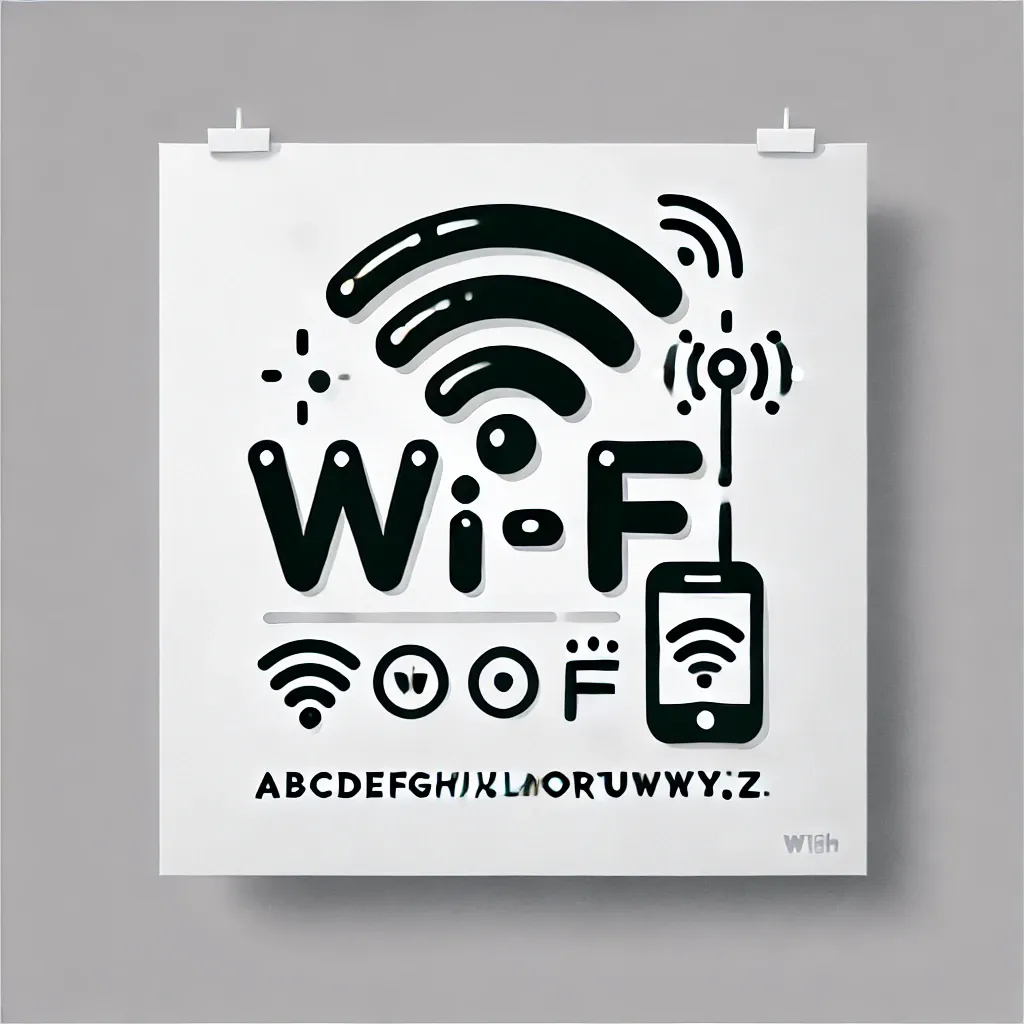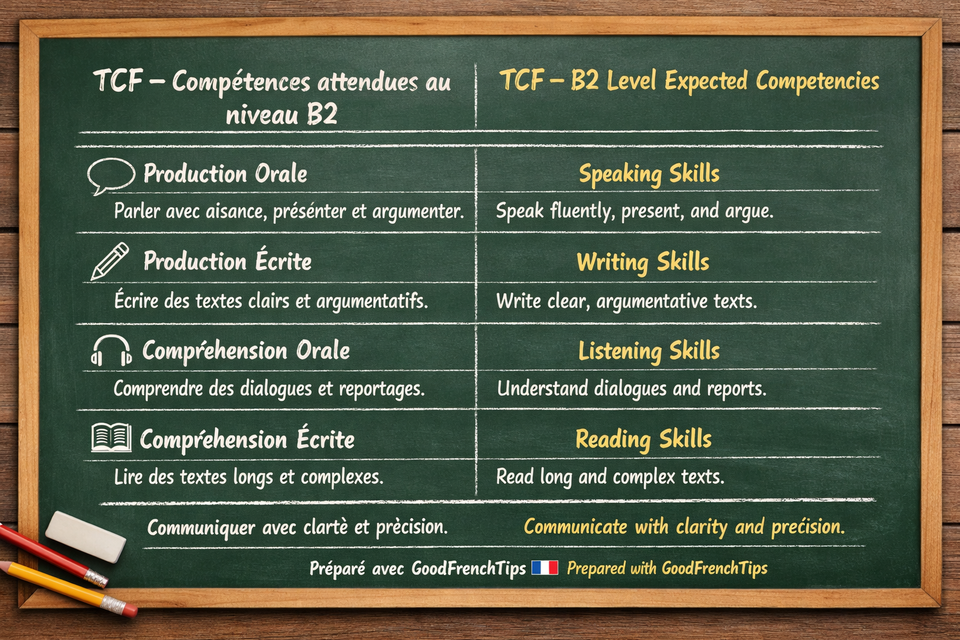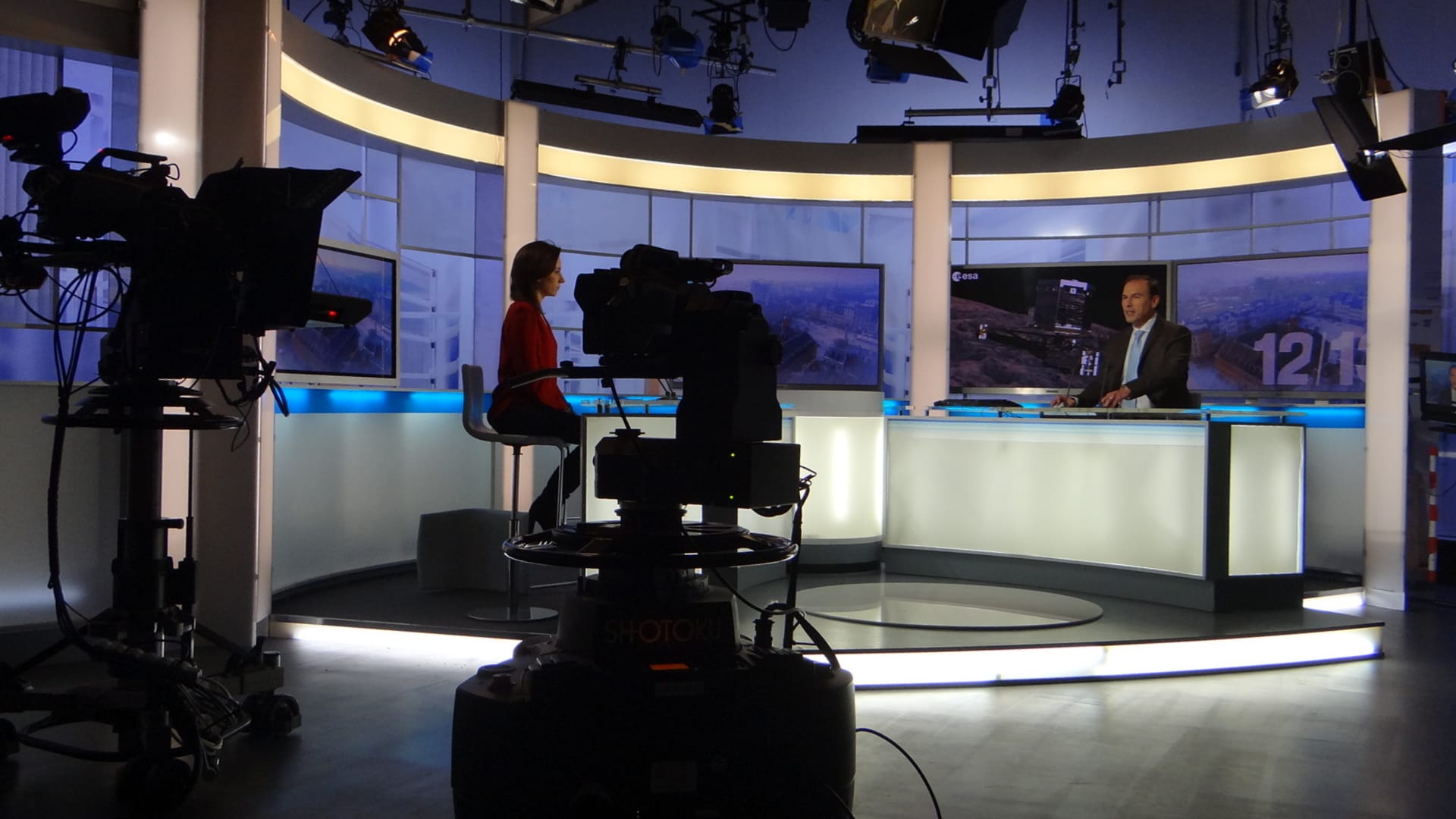La joyeuse pagaille de la prononciation des mots étrangers en français (The Joyful Chaos of Foreign Word Pronunciation in French) (Level B1 -B2)

Quand on apprend le français, on découvre vite que les Français aiment les mots étrangers… mais pas toujours leur prononciation d’origine ! Le résultat ? Un beau mélange entre respect de l’original et adaptation bien à la française. De quoi faire sourire — ou désespérer — les apprenants. Voici quelques astuces pour mieux s’y retrouver… et sourire un peu des incohérences !
Prenons un exemple célèbre : le FBI. En français, on le prononce souvent à l’anglaise : "effe-bi-aï". Jusque-là, tout va bien.
Mais quand on parle du CIA, là, surprise ! Beaucoup de francophones disent : "cé-i-a" — avec un "i" bien français comme dans ville. Pourquoi ? Personne ne le sait vraiment!
Une règle implicite semble se dessiner : si le sigle est bien connu et vient d’un film ou d’une série américaine, il sera souvent prononcé à l’anglaise (FBI, NBA, NASA…). Mais d’autres, moins populaires, sont "francisés" (CIA, ONU, OTAN...).
Autre cas intéressant : les mots d’origine anglaise commençant par un H comme hamburger, handicap, hot-dog, hip-hop, les français ne prononceront jamais le H mais pourront prononcé le reste du mot à l’anglaise. En effet, dans hamburger : on prononcera la première syllabe à la française ( AN comme dans sans) et le reste du mot à peu près à l’anglaise en prononçant chaque lettre et surtout pas comme dans Manger.
Il en est de même pour les mots finissant en -ING, les Français ont adopté la sonorité anglaise, ou presque. Parking, camping, jogging, shopping, marketing, brainstorming…. tous se terminent par un “-ing” prononcé comme dans king, pas comme dans le mot français coing (le fruit), ni comme le “in” de matin. Et bien sûr, le G final se prononce toujours — pas question de le laisser tomber.
Les marques internationales n’échappent pas non plus à cette francisation inventive. Nike, qui se prononce “Naïkee” en anglais, devient “Naïque” dans la bouche des Français. Wi-Fi se transforme en “oui-fi”. Même le prénom Michael se voit transformé en “Mee-ka-èl” (avec les trois syllabes bien marquées). Quant à YouTube, les variantes sont infinies : “YouToub”, “YouTubeuh”, “YouTioube”… chacun sa version.
Quant au très populaire “week-end”, il se prononce “ouikènde” dans la langue de Molière. Même s’il vient directement de l’anglais, le prononcer à l’américaine pourrait faire sourire… ou passer pour de la prétention. En France, afficher un accent trop parfait sur un mot anglais courant peut parfois être vu comme une façon de se donner un genre.
En fin de compte, puisqu’il n’existe pas de règles fixes, le plus simple reste encore d’écouter les francophones natifs et d’imiter leur façon de parler. Même si ça peut sembler étrange, c’est souvent la meilleure façon d’être compris.
TRADUCTION :
The Joyful Chaos of Foreign Word Pronunciation in French
When you start learning French, you quickly notice something funny: the French love using foreign words… but not necessarily their original pronunciation! The result? A delightful mix of respect for the source language and typically French adaptation. Enough to make learners smile — or cry in confusion. So here are a few tips to help you find your way… and laugh a bit at the inconsistencies.
Let’s take a famous example: the FBI. In French, it’s often pronounced the English way: “effe-bi-eye.” So far, so good.
But then comes the CIA — and surprise! Many French speakers pronounce it “say-ee-ah,” with a very French “i” (like in ville). Why? No one really knows!
An unspoken rule seems to emerge: if the acronym is widely known thanks to American movies or series (FBI, NBA, NASA…), it’s usually pronounced the English way. But others, less popular or more institutional (like CIA, ONU, OTAN), tend to get the French treatment.
Another interesting case: English words beginning with an H, like hamburger, handicap, hot-dog, hip-hop. In French, the H is always silent. For example, hamburger is pronounced “an-burger” — the first syllable like sans (with a nasal an), and the rest more or less like in English, but definitely not like the ger in manger.
The same goes for words ending in -ING. The French have embraced the English-style sound — well, almost. Parking, camping, jogging, shopping, marketing, brainstorming… all end in -ing pronounced like in king, not like in the French word coing (a fruit), and not like in in matin. And yes, the final G is always pronounced — dropping it is not an option!
International brand names haven’t escaped this creative Frenchification either. Nike, pronounced “Naïkee” in English, becomes “Naïque” in French. Wi-Fi is transformed into “oui-fi.” Even the name Michael turns into “Mee-ka-èl,” with all three syllables clearly pronounced. As for YouTube, you’ll hear everything from YouToub to YouTubeuh to YouTioube — everyone has their own version.
Then there’s the ever-popular week-end. In French, it’s “ouikènde.” Even though the word comes straight from English, saying it with an authentic English accent might get you a raised eyebrow… or make you seem pretentious. In France, pronouncing a common English word too perfectly can sometimes be seen as showing off.
In the end, since there are no strict rules, your best bet is to simply listen to how native French speakers say these words and imitate them. It may feel odd at first, but it’s often the best way to be understood.




